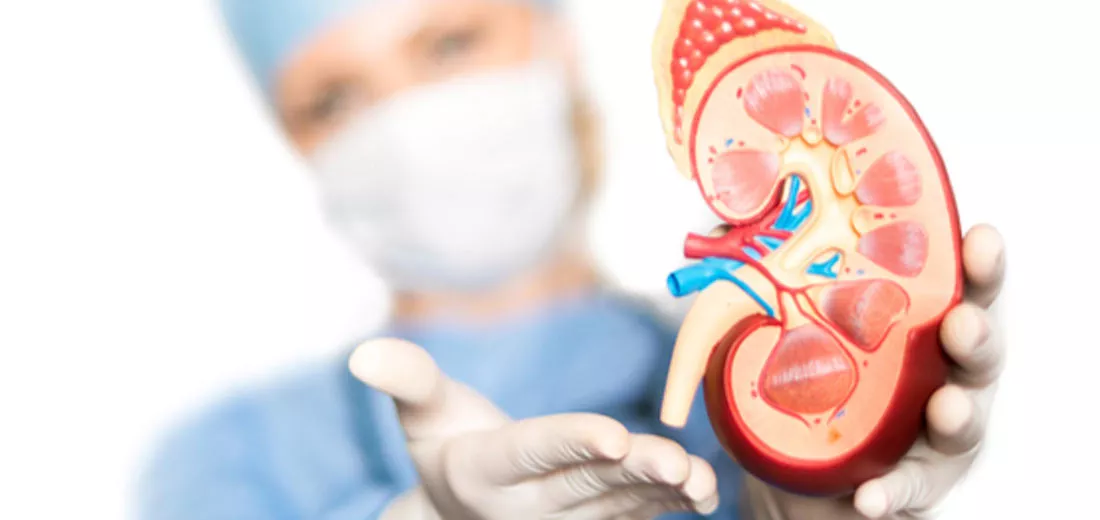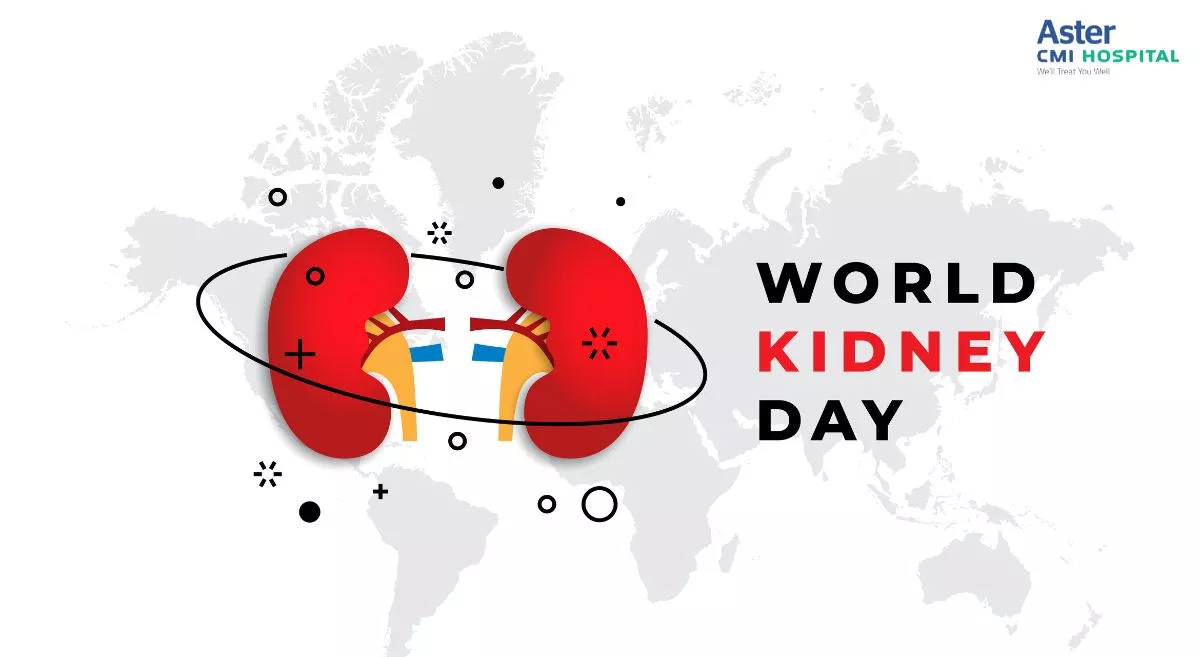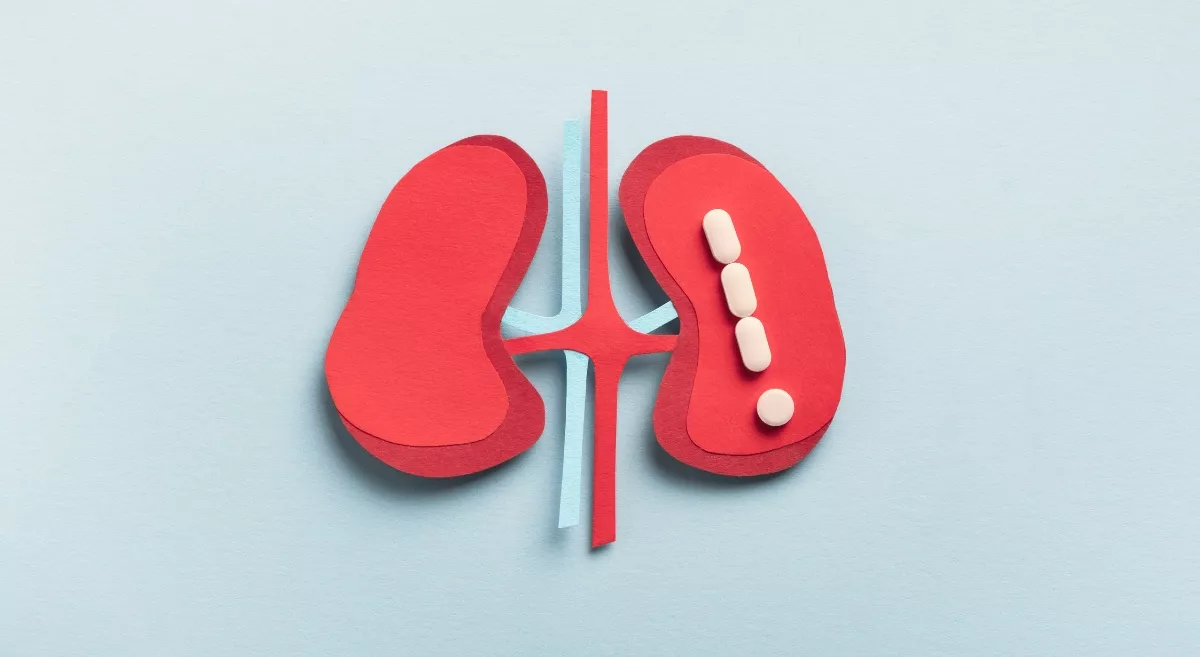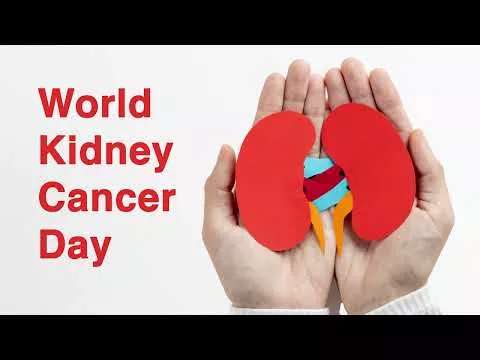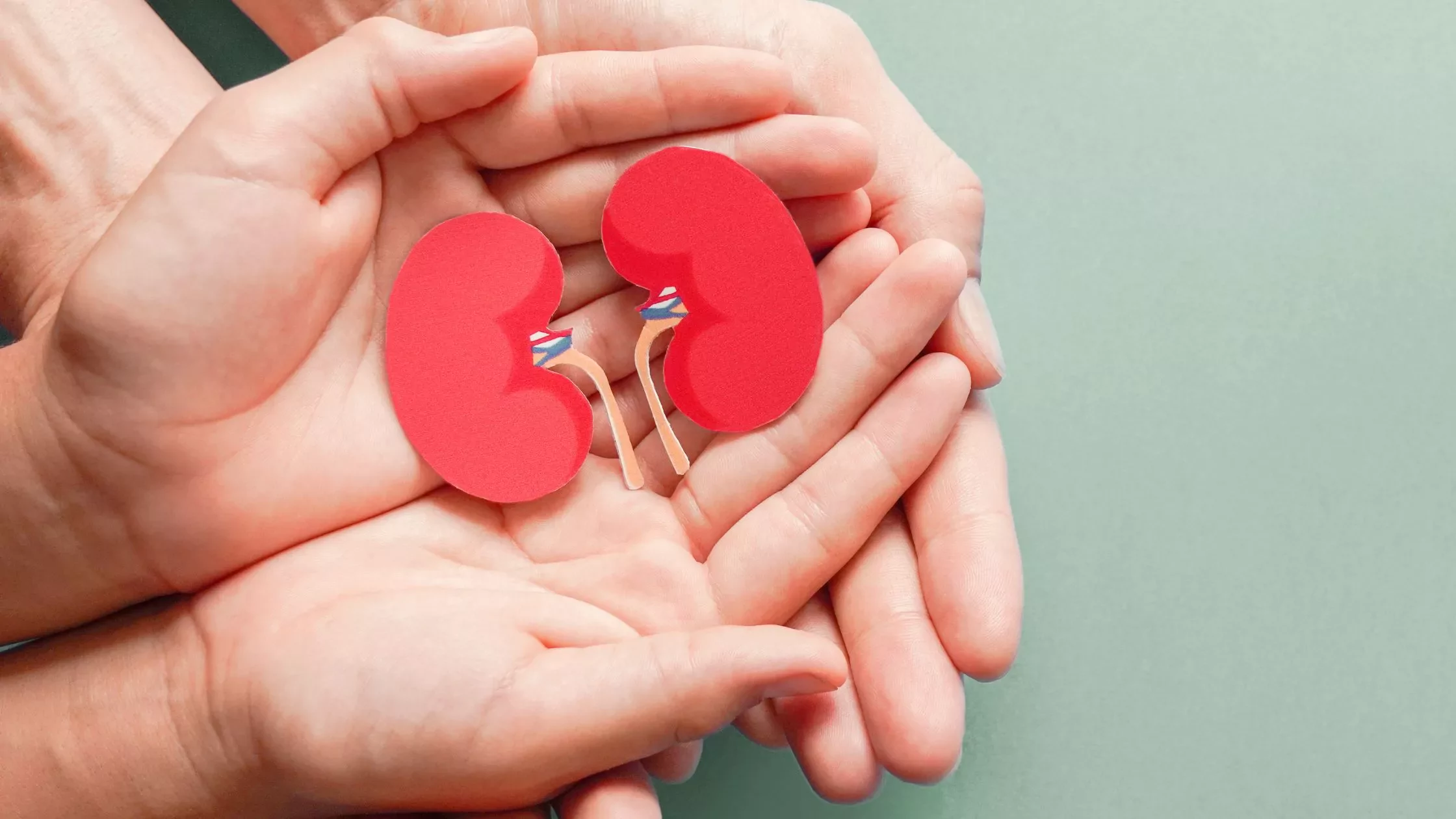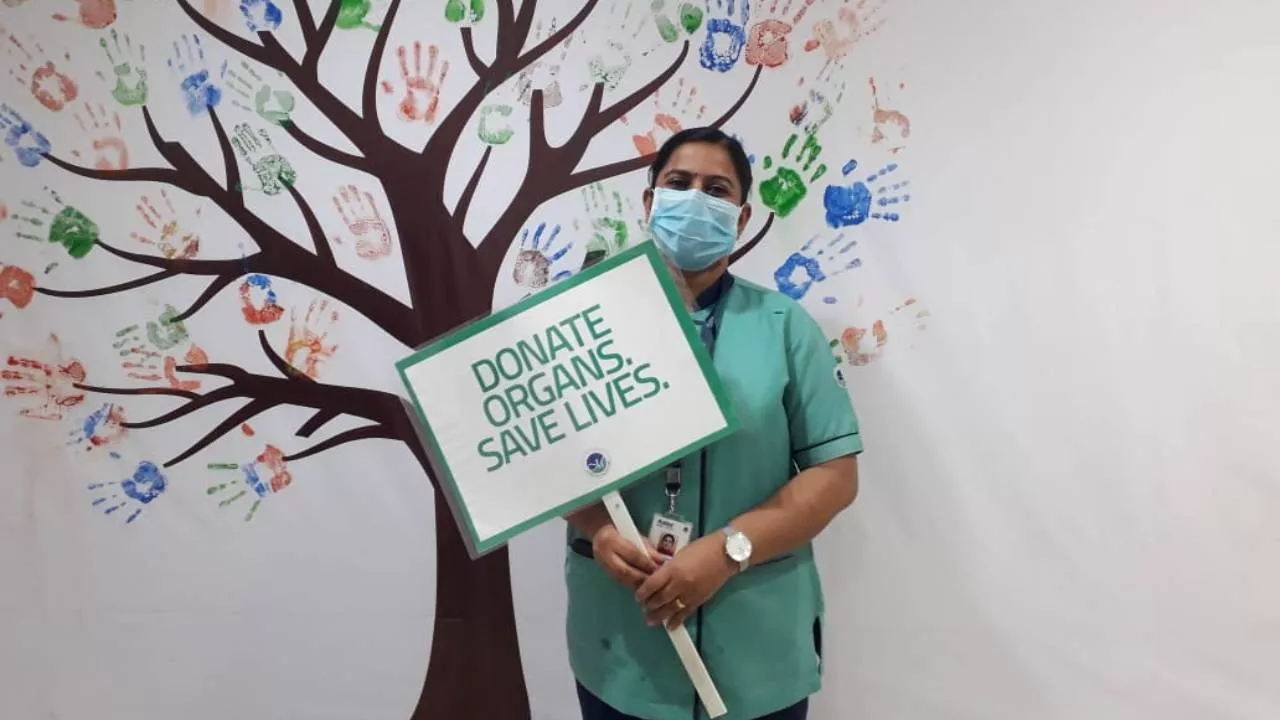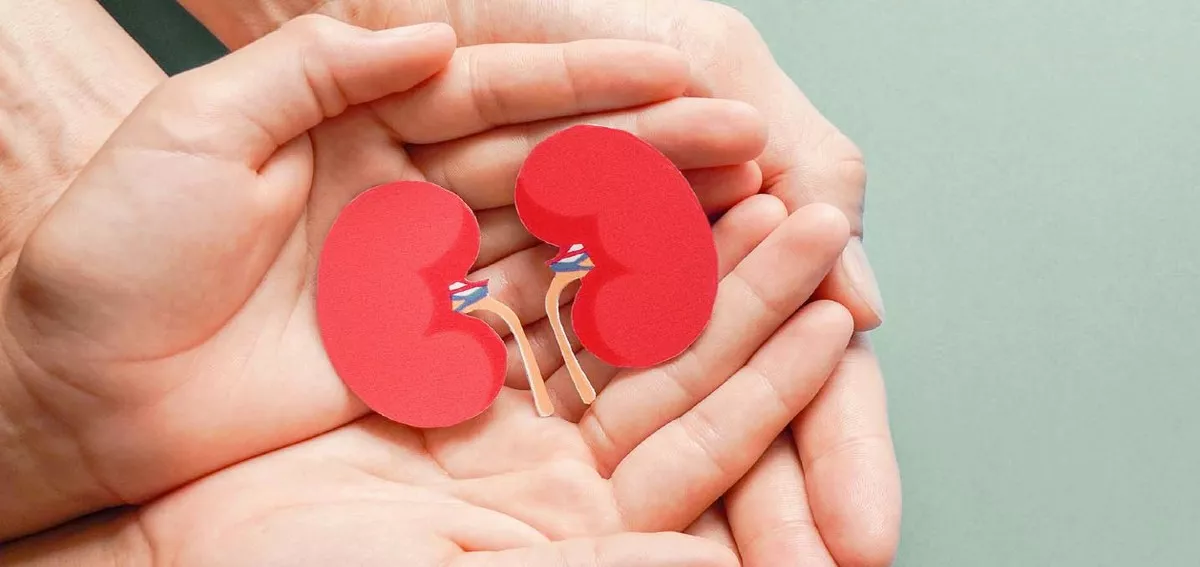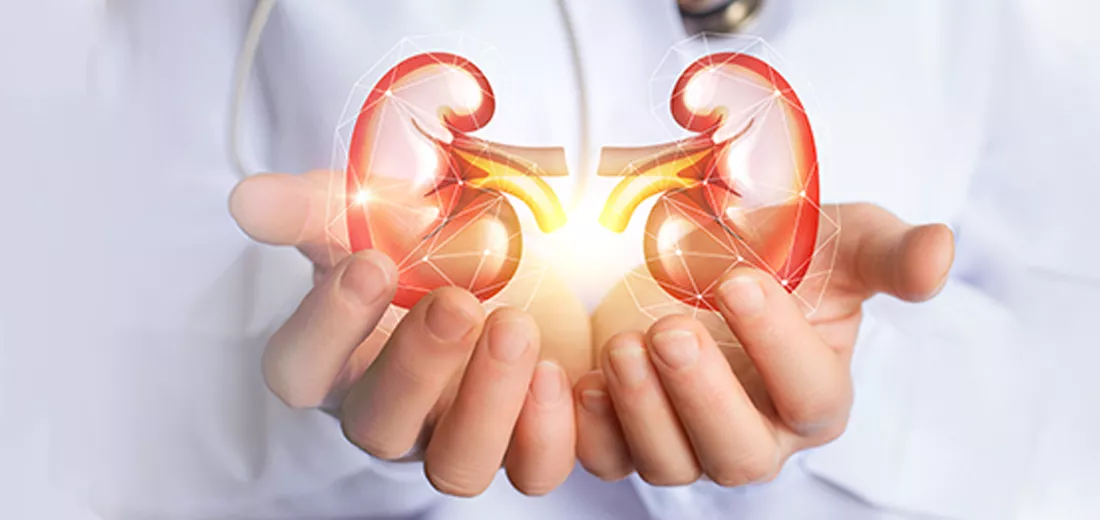An ongoing pneumonia outbreak characterized by severe acute respiratory coronavirus or COVID-19 has various ways of effects on different patients. Not everything about this understood still. However, certain factors, like the age of the person are clear and increases the risk of an older patient developing coronavirus.
Kidney transplantation is the treatment considered for the last stage of chronic kidney disease in which your kidneys fail to function normally and cause a lot of burden in terms of finance.
What is Kidney Transplantation?
Kidney Transplantation is a surgical procedure in which a person (the recipient) replaces the function of the diseased kidneys with a healthy kidney from another person (the donor). The donor kidney usually comes from a living donor, typically from a family member or friend. In certain cases, the kidney is taken from anyone who has recently had brain death.
There is no doubt about it: it requires careful consideration to get a kidney transplant. Given the benefits of a successful kidney transplant (such as longer life expectancy) and the high success rates of the procedure, one thing is certain; whether you are newly diagnosed or have been on dialysis for years, the transplant should be considered as an option. It is recommended you to see Best kidney transplant specialists in Bangalore to discuss all Kidney transplantation surgery.
FAQs:
Are transplant recipients more likely to get COVID-19?
Yes. Since transplant recipients take immunosuppressive medications, they have a greater chance of infection from viruses such as cold or flu. To reduce the chance of getting the COVID-19-causing coronavirus, transplant patients should follow the CDC's guidance on how to avoid catching or spreading germs, and contact their health care professional if they develop COVID-19 symptoms.
Are young kidney transplant recipients at higher risk from COVID-19?
Recent reports indicate that children, adolescents, and young adults are at higher risk for severe COVID-19 complications. Most children admitted to pediatric intensive care units have underlying conditions, such as kidney transplants recipients who are immunosuppressive drugs.
Are people born with one kidney at higher risk in COVID-19?
There is no specific information about a higher risk of COVID-19 in individuals with a single kidney compared to the general population.
Do transplant recipients have to worry about living with loved ones who go out in public or work outside?
A person who lives with a loved one who has contracted COVID-19 is also at risk of getting infected. This is especially true for patients with post-transplantation. Therefore, limiting access to the public is important for anyone, especially if there is an active and expanding outbreak in their area, or if local and state authorities recommend remaining in place in an effort to maintain social distance to help control the spread of the virus.
When people need to get into the city, then they should take other precautions, including as much as possible restricting the time spent outdoors, avoiding large crowds, and maintaining social distances (at least 6 feet).
Patients with a kidney transplant should also contact their health care team to find out what steps they and their caregivers should be taking. That could include additional hand washing/sanitizing, face coverings, or other measures.
How can COVID-19 affect transplant surgeries?
As per the report by the American Society of Transplantation, the risk of acquiring COVID-19 from organ donation is lesser. Donors are screened for COVID-19 symptoms and exposure history. Living donors who have been in high-risk areas or have been diagnosed or assessed for COVID-19 infection are usually asked to delay donation for 14 to 28 days after return. Some organ procurement organisations, some or all of them, test for COVID-19.
The Center for Disease Control (CDC) provided suggestions on elective surgery and non-essential transplant procedures. In "high acuity / unhealthy patients" transplants should not be postponed. Some centres may still need to look at temporarily putting on hold elective live donor transplants or non-urgent deceased donor transplants.
Transplant centres will concentrate these decisions on issues such as the level of COVID-19 circulating infection in their areas and/or operational problems (such as availability of tests, bed space, availability of basic supplies and equipment, including personal protective equipment).
Living donors are also advised not to travel to high-risk areas at least 14 days prior to donation, and to check for symptoms. Information regarding recent travel and potential access to deceased donors is often requested to help decide if it is appropriate to use them for donating organs and tissues.
Can I still get tested for a kidney transplant if I had COVID-19?
Yes. But your healthcare team will tell you when you will be free from infection. Additionally, your transplant may be delayed or postponed depending on your current health status and the impact of COVID-19 on hospital staff and supplies. This is something you should discuss with your Kidney transplant centre.
Can COVID-19 delay my kidney transplant evaluation?
Yes COVID-19 can delay your kidney transplant evaluation if you or your living donor are still infectious.
Anyone who passes due to COVID-19 is eligible organ donors?
There is a low risk of COVID-19 being acquired from organ donation. The donated kidneys have COVID-19 screening. If COVID-19 is positive for a kidney check the organ can not be used for transplantation.
Are people on immunosuppressants at risk of a false negative COVID-19 diagnosis?
Possible false-negative COVID-19 test results have been reported in the public at large. There is also the potential for the immunosuppression of false-negative COVID-19 test results among recipients of kidney transplants. Research, however, continues to confirm or determine the extent of false-negative test results.
Can patients with kidney transplant recover from COVID-19?
Post-transplant or other high-risk patients may be at higher risk from COVID-19 for serious illness. For severe cases, it may take 6 weeks or more to recover. About 1 per cent of the world's infected people will die from the disease.
Can COVID-19 delay kidney transplant surgery?
The Center for Disease Control (CDC) made suggestions on elective surgery and non-essential transplant procedures. Transplants should not be postponed in “ high acuity / unhealthy patients. ” Some centres may still need to look at temporarily putting elective living donor transplantation or non-urgent deceased donor transplants.
Transplant centres will base these decisions on matters such as the level of COVID-19 circulating infection in their areas and/or operational problems (such as availability of tests, bed space, availability of basic supplies and equipment, including personal protective equipment).
How do I protect myself when I need a blood test or other laboratory?
"Keep in mind that you may need a new" order "from your doctor if you are using a new laboratory." Contact your health care provider to determine if the test may be postponed for routine blood tests or other types of laboratory. If your doctor thinks it is important to do the test now, please contact your laboratory to see if it can be performed at home. Check that your laboratory accepts urine samples that are dropped at their site or sent through the mail. Sterile specimen cups can be bought online or stocked at a local pharmacy.
If home testing isn't an option, ask your laboratory, physician or transplant coordinator if there are any local laboratories that can provide in-home testing services. Not all health insurance plans cover home laboratory visits so you should contact your insurance provider to find out about your coverage.
Staying safe at the lab
If you can't postpone or do the test at home, you should know that medical facilities take precautions to keep you healthy. Hospitals, laboratories, doctors ' offices, and dialysis centres are evaluating patients and staff to assess each person for active COVID-I9, such as checking temperatures and asking questions. If someone is suspected of having the virus, then those people are kept isolated from all healthy people.
Prevention tips
It is also important that you take steps to help you stay safe and reduce your chances of getting COVID-19. Please be sure to wear a mask when going outside your home. Keep a space of at least 6 feet between yourself and others. If there are no washing facilities, remember to wash your hands frequently and use the hand sanitizer. Do not touch your eyes, your mouth and your nose.
Be well prepared
Have extra supplies on hand, including surgical masks, hand sanitizer, and protective gloves, so both of you are well covered when you come into contact with someone at a medical centre or when a technician comes to your home. For in-home visits, be sure to clean any surfaces that may have been affected by another human, such as doorknobs and countertops.
Key points to know for patients with kidney disease in COVID-19 epidemic:
COVID-19 is a new virus and so research has only just started on it. Some hypotheses - ideas based on very little evidence have been made about the COVID-19 effects of some drugs but nothing has been proven. Leading health organizations such as the World Health Organization (WHO) and the Centers for Disease Control and Prevention ( CDC) have not recommended that patients stop any particular drug to decrease the chance of getting COVID-19 or to make it less severe. Below are some famous drugs that were highlighted in the media.
Blood pressure medications called angiotensin-converting enzyme inhibitors (ACEs) and angiotensin receptor blockers (ARBs) should not be stopped unless recommended by a healthcare professional. Both medications are essential to regulating blood pressure in kidney-ill patients. Stopping them could result in a heart attack, stroke or reduced function of the kidney.
Kidney transplant patients should not stop taking their immunosuppressants or lower their dose unless they are told to do so by their health care team. Stopping your immunosuppressants will most likely cause your donated kidney to lose out. For any questions or concerns please contact your transplant team.
Patients with kidney failure are generally advised to stop non-steroidal anti-inflammatory drugs (NSAIDs ) such as ibuprofen. In general, kidney experts prescribe acetaminophen for pain relief and reducing fever. But if your healthcare team asks you to take an NSAID for a specific reason then you should not quit taking it because of COVID-19. Talk to your healthcare team always before you do make any changes in the drugs you take.
Visit Aster CMI Hospital which is one among the Best Kidney Transplantation hospital in Bangalore.
